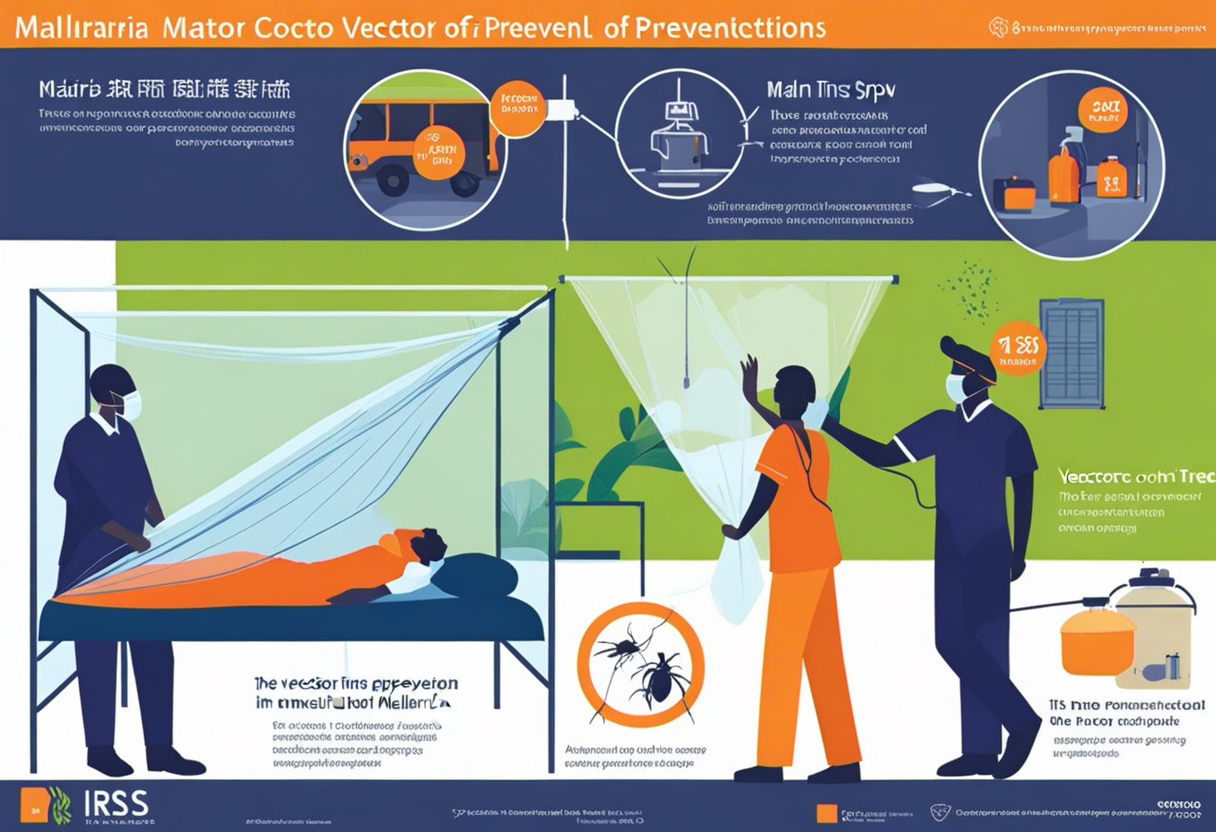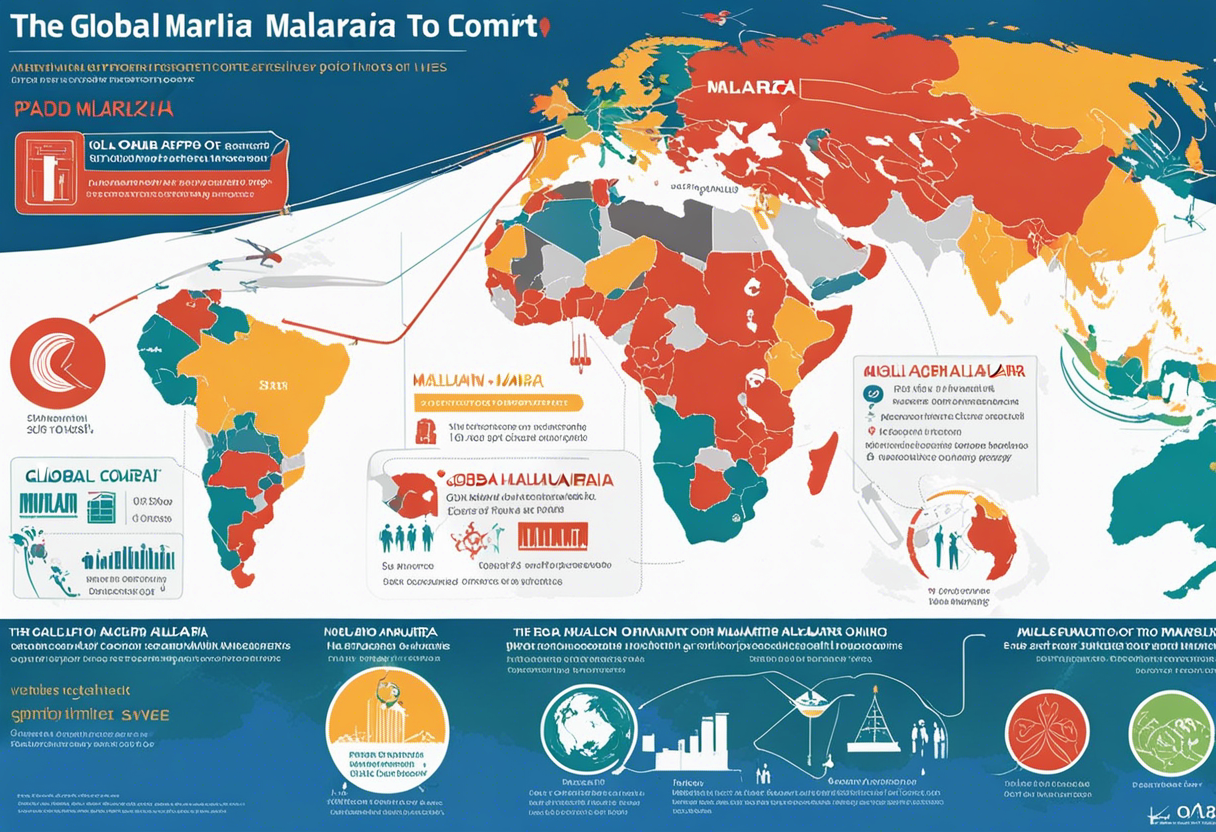Top Five Critical Aspects of Malaria Every Modern Human Must Acknowledge for a Healthier Tomorrow
The Importance of Vector Control in Malaria Prevention

The primary means of malaria prevention is vector control - managing the Anopheles mosquito population. Two forms are highly effective: insecticide-treated mosquito nets (ITNs) and indoor residual spraying (IRS). Awareness of such methods is critical for people living in risk areas as adopting these measures can drastically diminish the risk of infection.
In our interconnected world, comprehending how vector control methodologies work not only offers potential protection for ourselves but can also encourage others to follow suit, creating safer communities.
The Global Efforts to Eradicate Malaria

During the last decade, global efforts to combat malaria have saved millions of lives. For example, the Roll Back Malaria partnership aims to lessen the global malaria burden and ultimately eliminate the disease. Understanding these efforts helps to increase our exposure to diverse health initiatives that we can learn from or contribute to.
Recognizing these efforts paints a picture of the ongoing fight against malaria. This awareness can inspire policy support, donations to relevant causes, and even participation in community health initiatives.